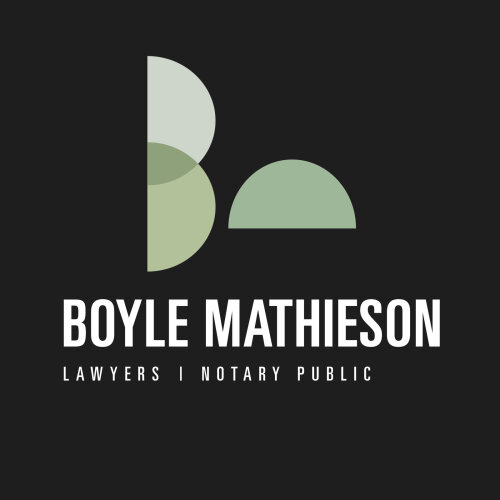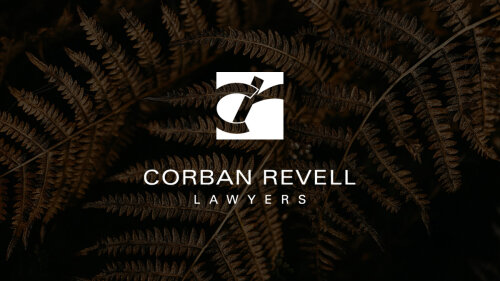Best Collaborative Law Lawyers in New Zealand
Share your needs with us, get contacted by law firms.
Free. Takes 2 min.
Free Guide to Hiring a Family Lawyer
Or refine your search by selecting a city:
List of the best lawyers in New Zealand
About Collaborative Law in New Zealand
Collaborative Law in New Zealand is a process where parties work together outside of the court system to resolve disputes. It involves a series of meetings where each party, along with their legal representatives, discusses their interests and reaches agreements that are mutually acceptable. The main goal of Collaborative Law is to find solutions that benefit all parties involved.
Why You May Need a Lawyer
You may need a lawyer in Collaborative Law if you are facing a complex dispute that requires legal expertise to navigate. Lawyers can help you understand your rights and responsibilities, advocate for your interests, and ensure that any agreements reached are legally binding.
Local Laws Overview
In New Zealand, Collaborative Law is governed by the Family Dispute Resolution Act 2013. This legislation sets out the requirements for mediation and Collaborative Law processes in family disputes. It is important to be aware of these local laws when engaging in Collaborative Law to ensure that your rights are protected.
Frequently Asked Questions
What is the difference between Collaborative Law and traditional litigation?
Collaborative Law involves parties working together to reach agreements outside of court, while traditional litigation involves a judge making decisions for the parties. Collaborative Law is often quicker, less expensive, and more amicable than litigation.
Do I have to hire a lawyer for Collaborative Law?
While it is not required to have a lawyer for Collaborative Law, having legal representation can help ensure that your interests are protected and that any agreements reached are fair and legally enforceable.
How long does the Collaborative Law process take?
The length of the Collaborative Law process can vary depending on the complexity of the dispute and the willingness of the parties to communicate and negotiate. On average, Collaborative Law cases can be resolved in a few months to a year.
Can Collaborative Law be used for all types of disputes?
Collaborative Law is most commonly used in family law disputes, such as divorces and custody arrangements. However, it can also be used in other civil disputes where parties are willing to work together to find a resolution.
How confidential is the Collaborative Law process?
Collaborative Law meetings are confidential, and information shared during these meetings cannot be used in court proceedings. This allows parties to openly discuss their interests and concerns without fear of it being used against them later.
What happens if the Collaborative Law process is unsuccessful?
If the Collaborative Law process is unsuccessful and parties are unable to reach an agreement, they may choose to pursue traditional litigation or alternative dispute resolution methods. However, the collaborative lawyers involved in the process are generally disqualified from representing the parties in court.
Are the agreements reached in Collaborative Law legally binding?
Yes, agreements reached in Collaborative Law are legally binding and can be enforced in court. It is important to have a lawyer review any agreements to ensure that they are fair and comply with legal requirements.
Can children be involved in the Collaborative Law process?
Children can be involved in the Collaborative Law process, especially in family law disputes. Their interests and preferences can be taken into account when reaching agreements regarding custody, visitation, and other matters affecting them.
What are the benefits of Collaborative Law over traditional litigation?
Collaborative Law offers parties more control over the outcome, allows for more creative solutions, promotes better communication and cooperation, and can be less expensive and time-consuming than traditional litigation.
How do I find a Collaborative Law lawyer in New Zealand?
You can find a Collaborative Law lawyer in New Zealand through legal directories, referrals from other professionals, or by contacting your local bar association for recommendations.
Additional Resources
For more information on Collaborative Law in New Zealand, you can visit the New Zealand Law Society website or contact the Collaborative Law Association of New Zealand for resources and support.
Next Steps
If you are in need of legal assistance in Collaborative Law in New Zealand, your first step should be to schedule a consultation with a collaborative lawyer to discuss your case and explore your options for resolution.
Lawzana helps you find the best lawyers and law firms in New Zealand through a curated and pre-screened list of qualified legal professionals. Our platform offers rankings and detailed profiles of attorneys and law firms, allowing you to compare based on practice areas, including Collaborative Law, experience, and client feedback.
Each profile includes a description of the firm's areas of practice, client reviews, team members and partners, year of establishment, spoken languages, office locations, contact information, social media presence, and any published articles or resources. Most firms on our platform speak English and are experienced in both local and international legal matters.
Get a quote from top-rated law firms in New Zealand — quickly, securely, and without unnecessary hassle.
Disclaimer:
The information provided on this page is for general informational purposes only and does not constitute legal advice. While we strive to ensure the accuracy and relevance of the content, legal information may change over time, and interpretations of the law can vary. You should always consult with a qualified legal professional for advice specific to your situation.
We disclaim all liability for actions taken or not taken based on the content of this page. If you believe any information is incorrect or outdated, please contact us, and we will review and update it where appropriate.
Browse collaborative law law firms by city in New Zealand
Refine your search by selecting a city.
















